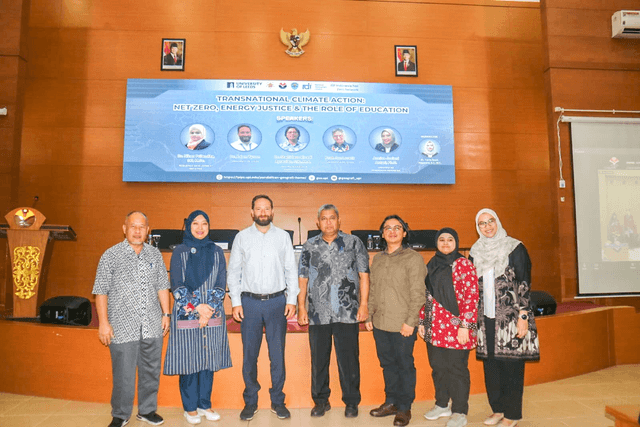Recent Post

As a strategic means to bridge the technical, social, and ethical dimensions of climate action, Universitas Pendidikan Indonesia (UPI), in collaboration with Resilience Development Initiative (RDI), Universitas Gadjah Mada (UGM), ISF Indonesia Net-Zero Network, hosted an international seminar titled “Crossing Borders for Climate Action: Energy Justice, Net-Zero, and the Role of Education.” The event was held on August 7, 2025, in the Auditorium of the Faculty of Social Sciences Education (FPIPS) UPI. This event was organised as an interdisciplinary forum to strengthen dialogue in addressing the global challenge of achieving a just net-zero. This forum brought together educators, researchers, and energy practitioners to explore how education serves as a catalyst for change in addressing the global climate crisis, while ensuring that efforts towards net-zero do not leave vulnerable groups behind.
The seminar opened with remarks by Dr Iwan Setiawan, Head of the Geography Study Program. Dr Hj. Fitri Rahmafitria, a representative of the Dean of FPIPS UPI, delivered the keynote welcome remark, highlighting the expectation to generate strategic insights and policy recommendations that ensure the energy transition is not only rapid but also equitable and sustainable for all.
Global and Local Strategies for Net-Zero and Energy Justice
Annisa Joviani Astari, Ph.D., from UPI, opens the discussion by addressing the challenges, opportunities, and global commitments regarding the pathways to net-zero. Achieving net-zero can be accomplished through various actions, including transitioning to a green economy, generating millions of new green jobs, strengthening climate capacity and resilience, and utilising nature-based solutions as a cost-effective and inclusive pathway for climate action. Climate change is a cross-border challenge that no single country can solve alone; therefore, multiple international collaborations are essential.
Equitable transitions to net-zero, as explained by Dr Adam Tyson from the University of Leeds, are essential due to the differing definitions of net-zero. Companies should be held accountable regarding their emissions in the supply chain, therefore applying the principles of disclosure, verification, and transparency. Current emissions accounting practices allow corporations to claim net-zero by relying on natural carbon sinks, which mask continued fossil fuel use and fail to halt global warming.
Dr Stanislaus Risadi Apresian, from Universitas Katolik Parahyangan (Unpar), emphasises that achieving the net-zero agenda might cause unintended negative impacts for vulnerable societies. Consequently, all projects should incorporate an inclusive approach and a clear grievance mechanism to mitigate risks. Dr Niken Prilandita offers insight into the existing climate-energy governance model in Indonesia, where the energy policy trajectory remains one that favours fossil fuels (coal) over renewable energy.
Climate Governance towards Net-Zero Emissions in Indonesia. The accountability, transparency, and trustworthiness of the actors/institutions involved in energy policy-making remain crucial for maintaining order in the energy regime, enabling a rapid transition towards low-carbon energy.
To conclude the seminar, Professor Jon Lovett advises that education for renewable energy is essential in achieving the net-zero target and will help solve global problems. There is a proven causal link between greenhouse gas emissions, land use change, and the extremes of global climate change; therefore, incorporating this into a curriculum across all study levels that is internationally relevant may be beneficial. The event marked a significant step in mainstreaming principles of social justice and sustainability into every decision-making process related to climate and energy.
Date: 26 August 2025
Written by: Vidya Azzizi (Programme Specialist)
August 26th 2025
